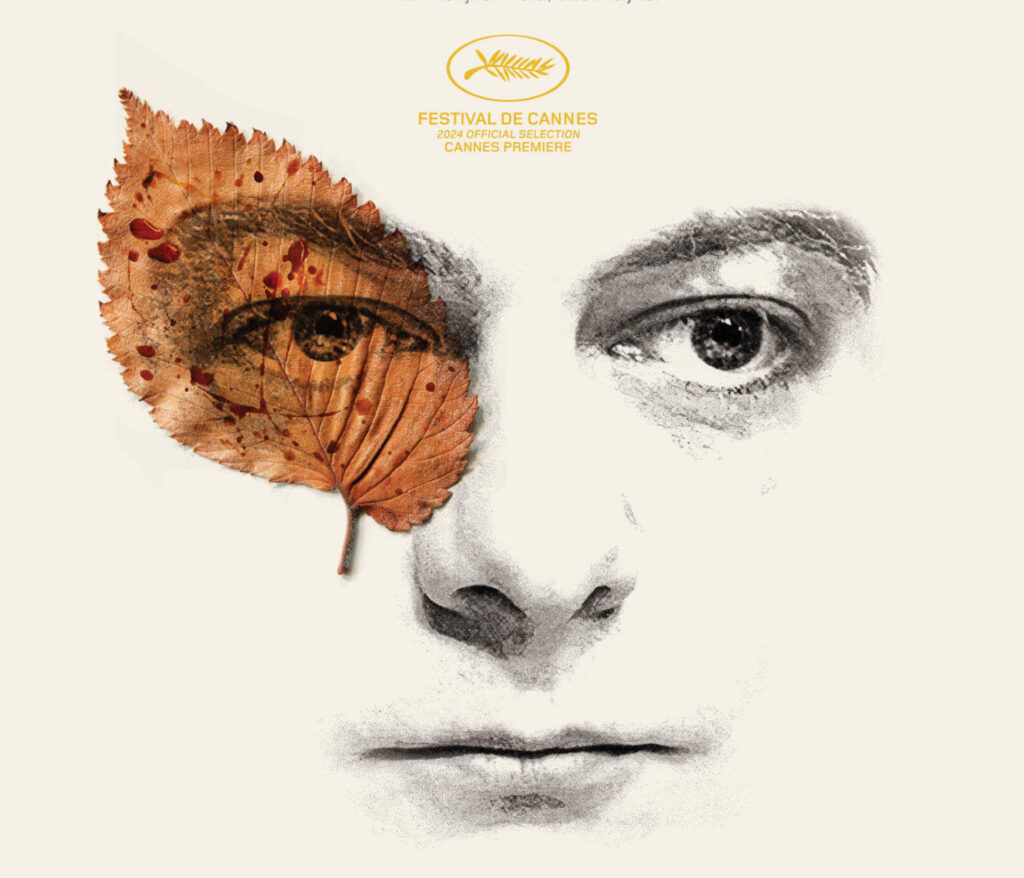Alain Guiraudie’s 2024 film Misericordia delves into the complexities of human desire, guilt, and the often-blurred lines between them. Known for his previous work, Stranger by the Lake, Guiraudie continues to challenge societal norms and cinematic conventions, crafting narratives that are both provocative and introspective.
Plot Overview
Misericordia introduces us to Jérémie, portrayed by Félix Kysyl, a man in his early thirties who returns to his quaint hometown of Saint-Martial for the funeral of his former employer, the local baker. Opting to stay with the bereaved widow, Martine (Catherine Frot), Jérémie’s presence becomes a catalyst for a series of events that unravel the town’s underlying tensions.
Martine’s son, Vincent (Jean-Baptiste Durand), grows increasingly suspicious of Jérémie’s intentions, leading to confrontations that culminate in a tragic accident. Amidst this turmoil, Jérémie finds an unexpected confidant in the local priest, Philippe (Jacques Develay), whose own motives add layers to the unfolding drama.
Themes of Desire and Morality
At its core, Misericordia is an exploration of desire in its multifaceted forms. Guiraudie intricately weaves a narrative where characters grapple with their own yearnings, societal expectations, and moral compasses. The film doesn’t shy away from portraying the raw and often messy intersections of sexuality and ethics. As noted in The Guardian, the film presents a “bizarre and dreamlike” atmosphere, capturing the essence of human complexities .
Cinematic Style and Influences
Guiraudie’s directorial approach in Misericordia is both deliberate and evocative. Collaborating with cinematographer Claire Mathon, known for her work on Portrait of a Lady on Fire, the film captures the serene yet haunting landscapes of rural France. This setting serves as a poignant backdrop, amplifying the internal conflicts of the characters.
The film’s pacing, coupled with its visual aesthetics, draws comparisons to Hitchcockian suspense, blending elements of noir with pastoral tranquility. As highlighted in The New Yorker, Guiraudie masterfully combines traditional thriller frameworks with innovative storytelling .
Reception and Critical Acclaim
Upon its release, Misericordia garnered significant attention in the cinematic world. It premiered in the Cannes Premiere section at the 77th Cannes Film Festival on May 20, 2024, where it competed for the Queer Palm . The film received the prestigious Louis Delluc Prize for Best Film in 2024 and secured eight nominations at the 50th César Awards, including Best Film and Best Director for Guiraudie .
Critics praised its nuanced portrayal of human emotions and its unflinching examination of societal taboos. The Film Stage described it as “a galvanizing ode to the power and subversiveness of desire” .
Guiraudie’s Artistic Intent
In his conversation with Nick Chen, Guiraudie emphasized his desire to delve into themes that are often considered unsavory or controversial. He believes in presenting narratives that challenge audiences, prompting introspection and dialogue. This commitment is evident in Misericordia, where the boundaries of desire, morality, and societal norms are continually tested. Guiraudie’s work serves as a reminder of cinema’s power to confront and explore the depths of human experience.
Thoughts
Misericordia stands as a testament to Alain Guiraudie’s prowess in crafting stories that are both unsettling and profoundly human. Through its intricate plot, complex characters, and evocative cinematography, the film invites viewers to reflect on their own perceptions of desire, guilt, and the moral ambiguities that define the human condition.
No comments yet.








